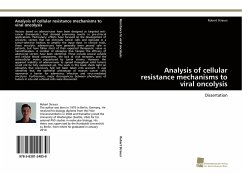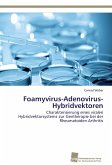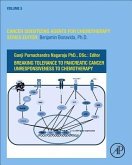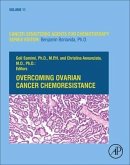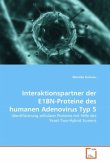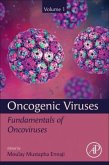Vectors based on adenoviruses have been designed as targeted anti-cancer therapeutics that showed promising results in pre-clinical applications. Particularly, efforts have focused on the development of oncolytic vectors that can eliminate cancer cells and replicate in a tumor-selective fashion to amplify the input dose. In clinical trials, these oncolytic adenoviruses have generally been proved safe in patients, but have fallen short of their expected therapeutic value as monotherapies. A number of obstacles that hamper the efficacy of adenoviral vectors have been identified. These include several soluble and cellular blood components, the lack of viral receptors, and the extracellular matrix sequestered by tumor stroma. However, the apparent inability of adenoviruses to spread throughout solid tumors could not be fully explained yet. The work in this book sheds light on obstacles that previously had not been taken into account. It was identified that the epithelial phenotype ofovarian cancer cells represents a barrier for adenovirus infection and virus-mediated oncolysis. Furthermore, major discrepancies between phenotypes of tumors in situ and cultured cells were discovered.
Bitte wählen Sie Ihr Anliegen aus.
Rechnungen
Retourenschein anfordern
Bestellstatus
Storno

